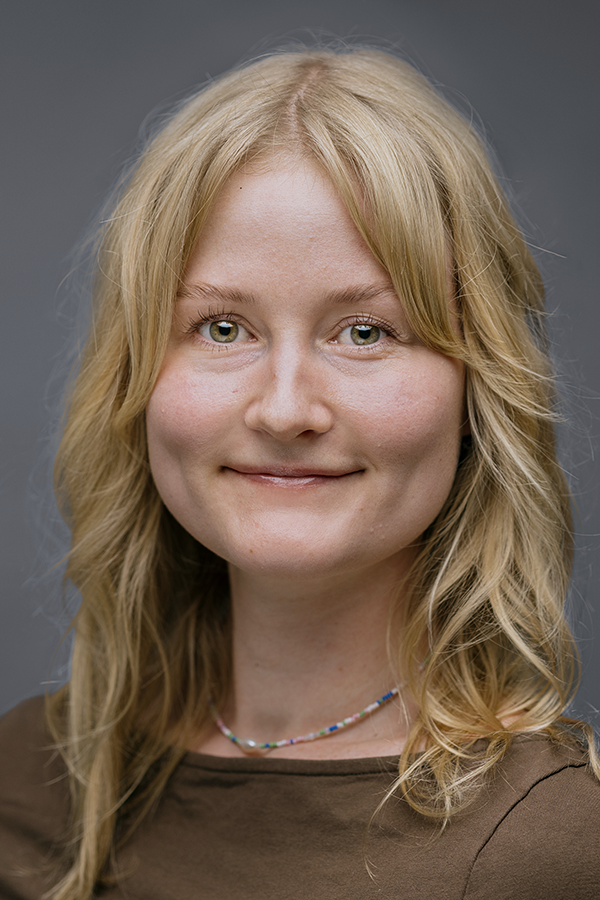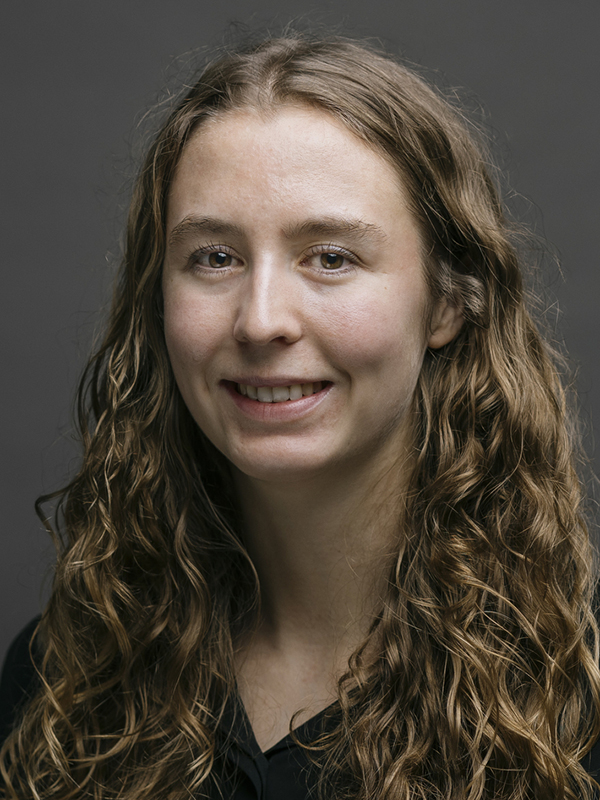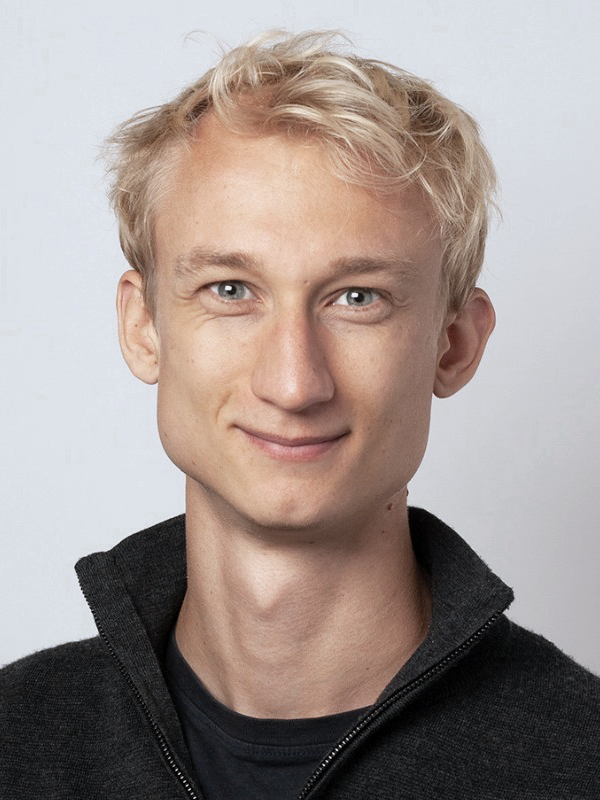About renal cancer
Renal cell carcinoma (RCC) accounts for approximately 3% of adult malignancies, and every year > 800 patients in Denmark are diagnosed with RCC.
Despite increased detection of early disease as a consequence of the widespread use of diagnostic CT scans, a quarter of patients have disseminated disease at diagnosis. Similarly, around a quarter progress to metastatic disease following curatively-intended surgery.
Our research
The Lyskjær group at MOMA began in 2023.
The group is searching for biomarkers predicting response to immunotherapy to guide clinical decision-making and use of circulating tumor DNA to detect clinical relapses early before visible on a scan while the cancer is still small and treatable.
We are supported by the following grants: The Independent Research Fund Denmark has granted DKK 2.8 mill. under the Inge Lehmann programme. The Lundbeck foundation has granted a fellowship in 2023 totaling DKK 10 million. The Danish Cancer Society are supporting with DKK 2 mio for the analysis of circulating tumor DNA.
RESTART Project
Harnessing the molecular landscape to improve renal cancer patient management
Immunotherapy, where the body's own immune system is 'strengthened', is today used to treat kidney cancer when the disease has spread (metastasized). Treatment is initiated when the metastases are visible on scanning images.
However, only half of the patients benefit from the treatment, and there are currently no biomarkers that can reliably identify those patients who will benefit from the treatment, and those who will not.
The purpose of this study is therefore to identify new biomarkers that can be used to determine whether a given kidney cancer patient will benefit from treatment against metastatic kidney cancer. We will therefore examine the kidney cancer nodules thoroughly and look for signals from their surrounding micro-environment which will hopefully help us further to determine whether the patient will benefit from immunotherapy.
Furthermore, we want to investigate whether the combination of surgery together with immunotherapy gives a better survival. If the project is carried out successfully, our results will benefit both patients and the healthcare system; expensive medical treatments must be given in a timely manner but only to patients who need treatment and who are very likely to benefit from the given treatment.
IMMUNCIRC Project
In IMMUNCIRC, we want to investigate the role of the T cells and microbiota composition in immunotherapy response. Moreover, we want to predict and monitor immunotherapy response to maximize the benefit of treatment, prompting the field towards precision immuno-oncology.
Circulating tumor DNA (ctDNA) will be measured by looking at genomic and epigenetic variants using cfMeDIP-seq. T cell clone composition and ctDNA levels will be measured longitudinally during treatment in metastatic RCC patients and the role of the colonic microflora in immunotherapy response will be determined from rectal swabs.
MIRACLE PRoJECT
While renal cell carcinoma (RCC) is an immune-responsive cancer, the RCC microbiome remains largely uncharacterized. This project aims to explore the role of the tumor and gut microbiome in tumorigenesis, treatment response, and patient outcomes.
The project will analyze microbiome data from 250 kidney cancer patients across three groups: localized disease, high-risk localized disease receiving adjuvant immunotherapy, and metastatic disease treated with immunotherapy. The goal is to investigate how the microbiome influences the tumor's immune environment, impacts disease progression, and affects treatment outcomes, potentially identifying new biomarkers to guide RCC treatment.
Biobanks
To ensure efficient patient recruitment and monitoring of clinical outcomes we have established a prospectively longitudinally collection of samples from all RCC patients receiving a nephrectomy at Aarhus University Hospital in the KIDNEY-PAGER trial. See trial protocol at PubMed.
Furthermore, samples from the NORDIC-SUN trial is biobanked.
Aim of Research
Our research focuses on personalized medicine for renal cancer patient management. We aim to identify markers that can improve the treatment and thus survival for RCC patients. We will accomplish this through comprehensive analysis of tumor, tumor environment, blood, and fecal samples.
group leader

.png)















